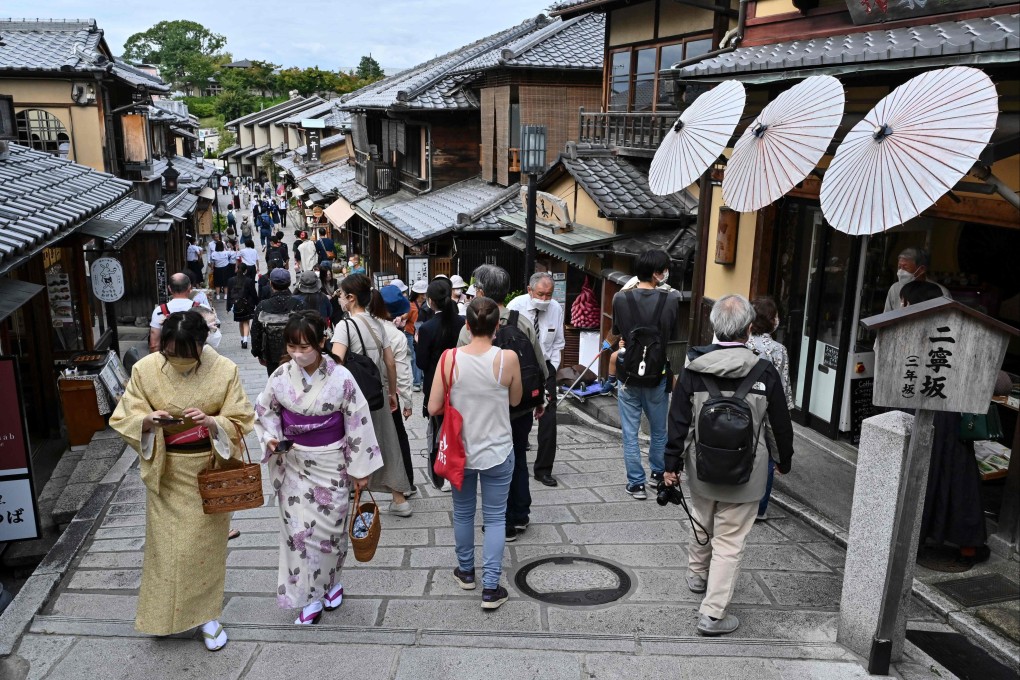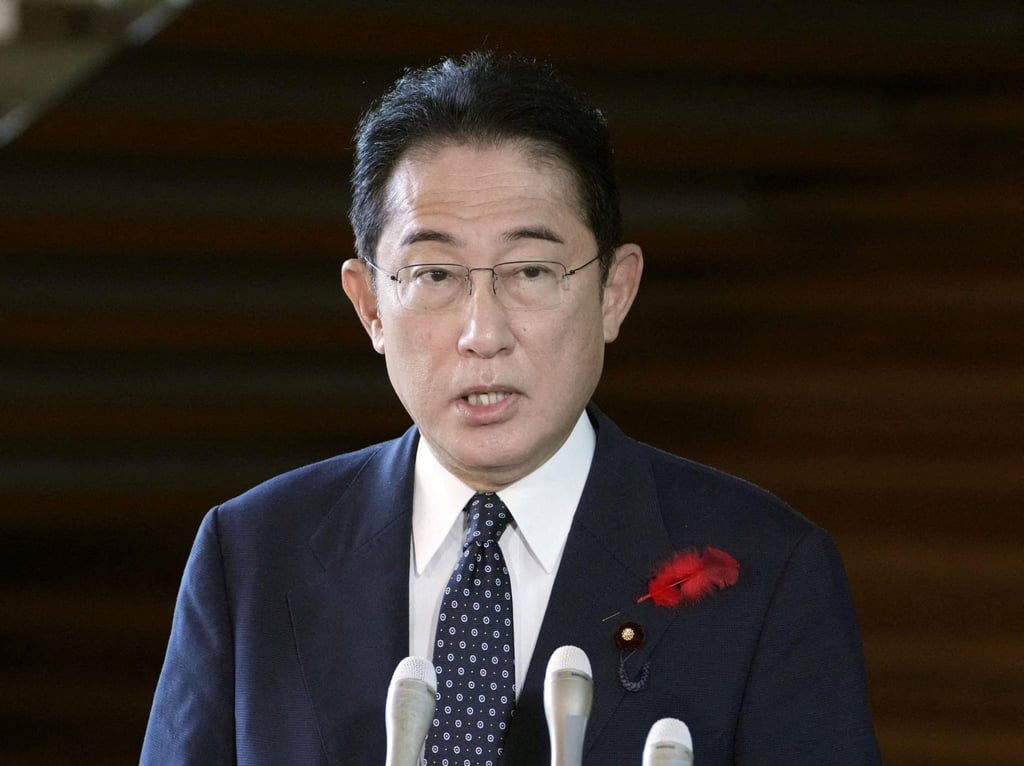Japan could raise corporate taxes to fund defence budget but idea ‘dead on arrival’, analysts say
- Imposing more taxes on businesses and wage-earners struggling through the pandemic would be ‘really bad timing’ and would fuel public discontent
- Government could adopt combination of approaches, such as reducing spending elsewhere or adding to national debt, academic notes

In a Jiji Press poll released on October 13, support for Kishida’s administration slid 4.9 percentage points from one month earlier, sinking to a record low 27.4 per cent.

After taking office last year on October 4, Kishida initially enjoyed a support rate above 60 per cent, but the latest figure is significantly below the 30 per cent threshold widely considered to mark the “danger zone” for a Japanese leader. It is even worse than the low of 28 per cent set by his predecessor, Yoshihide Suga, shortly before his resignation last year.
“Plans to increase taxes on businesses and people who are already struggling is, I would suggest, an idea that is dead on arrival,” said Robert Dujarric, co-director of the Institute of Contemporary Asian Studies at the Tokyo campus of Temple University.
“It is hard to see how a government that is already unpopular is going to win back support, or even win an election, if they are going with a platform to increase taxes. I would suggest that this is the government floating a trial balloon to see how the masses take to the idea.”

The suggestion that corporate and income taxes should be raised to meet the demands of a growing defence budget was first voiced on Friday by Yoichi Miyazawa, chairman of the ruling Liberal Democratic Party’s Research Committee on the Tax System.